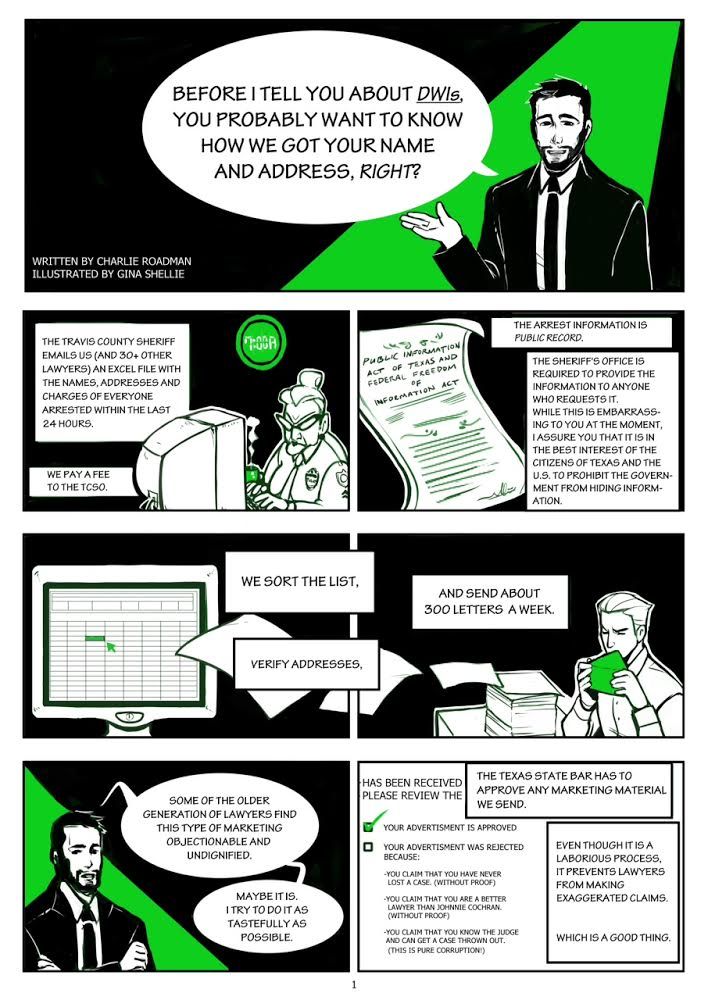Probable Cause Affidavits in DWI Cases
Probable Cause Affidavits in DWI Cases
Charlie explains the role and significance of a probable cause affidavit in DWI cases.
FAQs
Q: What is a Probable Cause Affidavit in DWI Cases?
A: A Probable Cause (PC) Affidavit is a document written by the arresting officer summarizing the evidence against an individual in a DWI case.
Q: Why is the PC Affidavit Required?
A: It is required by the 4th Amendment to ensure arrests are made based on probable cause.
Q: Who Reviews the PC Affidavit and What Do They Decide?
A: A magistrate judge reviews the PC Affidavit to confirm there is enough evidence for an arrest and decides on bond conditions and amounts.
Q: What Does a Probable Cause Affidavit Look Like?
A: It is typically a two or three-page document detailing the evidence, including reasons for the stop, field sobriety test results, and breathalyzer results.
Q: Is the PC Affidavit Public Record?
A: Yes, it becomes available online a few days after an arrest, but attorneys can access it sooner.
Q: Do Clients Often Feel the PC Affidavit Exaggerates Facts?
A: Yes, clients often feel this way as officers tend to justify the arrest in the affidavit.
Q: Do Prosecutors Rely on the PC Affidavit?
A: No, prosecutors usually base their opinions on the more detailed offense report, arrest videos, and any breath or blood test results.
Q: What is the Usefulness of the PC Affidavit for Defense Attorneys?
A: It helps defense attorneys get an early preview of the worst facts of the case, aiding in advising their clients on the likely path of the case.
Q: Does the PC Affidavit Include the Reason for the Stop in a DWI Case?
A: Yes, it includes the reason for the stop, such as a collision or traffic violation, which is crucial in DWI cases.
Q: I have more questions.
A: No problem. Give us a call at 512-472-1113.



